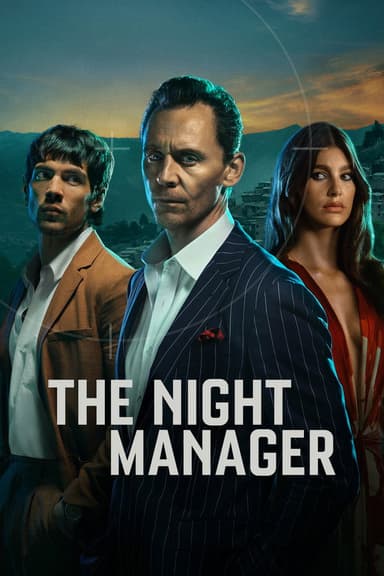
The French Atlantic Affair
1979 • Crime, Drama
When the SS Festivale sets sail from New York to France, its 3,000 passengers include Pulitzer Prize-winning author Harold Columbine and 146 members of the Church of the Cosmic Path, led by Father Craig Dunleavy, their charismatic messiah. Seizing control of the ship, Dunleavy demands $70 million in gold, intending to kill everyone onboard once it's paid. Without knowing which passengers are cultists and warned that 12 will die for every hijacker harmed, Columbine and the captain search for a way to save 3,000 lives before Dunleavy makes good on his threat. Based on a novel by screenwriter Ernest Lehman, this mini-series was broadcast over three nights in November 1979.
Why you should read the novel
Discover the full force of Ernest Lehman’s storytelling in The French Atlantic Affair, the original novel that inspired the 1979 TV miniseries. The book delivers layered suspense, richer motivations, and a meticulously paced build-up only a master novelist can provide.
Lehman’s novel dives deeper into character backstories, the psychology of crisis, and the complex logistics of an ocean-liner hijacking. You’ll experience the stakes from multiple angles, with immersive maritime details and nuanced corporate and political threads that the screen can only hint at.
If you want the definitive version of this high-seas thriller, read the source. The French Atlantic Affair book offers sharper tension, broader scope, and a more satisfying, author-crafted resolution for fans of nautical thrillers and classic suspense fiction.
Adaptation differences
The TV adaptation streamlines the novel’s sprawling, multi-perspective structure. Where the book spends time building tension across numerous POVs and subplots, the miniseries condenses timelines and emphasizes forward momentum and immediate action.
Characterization is leaner on screen. Several secondary roles feel amalgamated or re-prioritized, and certain relationships and motivations are simplified for clarity and pace. In the novel, interior conflicts and moral ambiguities receive far more attention and nuance.
Tone and texture diverge as well. The book invests in procedural realism—maritime operations, negotiation strategy, and organizational dynamics—while the adaptation foregrounds visual set pieces and event-driven suspense, resulting in a slightly different balance of thrills versus detail.
Finally, the resolution differs in emphasis. The novel lingers on consequences, fallout, and the ethical dimensions of choices made under pressure. The miniseries delivers a cleaner, more conclusive wrap-up, reshaping the ending’s rhythm and softening some of the book’s ambiguity.
The French Atlantic Affair inspired from
The French Atlantic Affair
by Ernest Lehman










